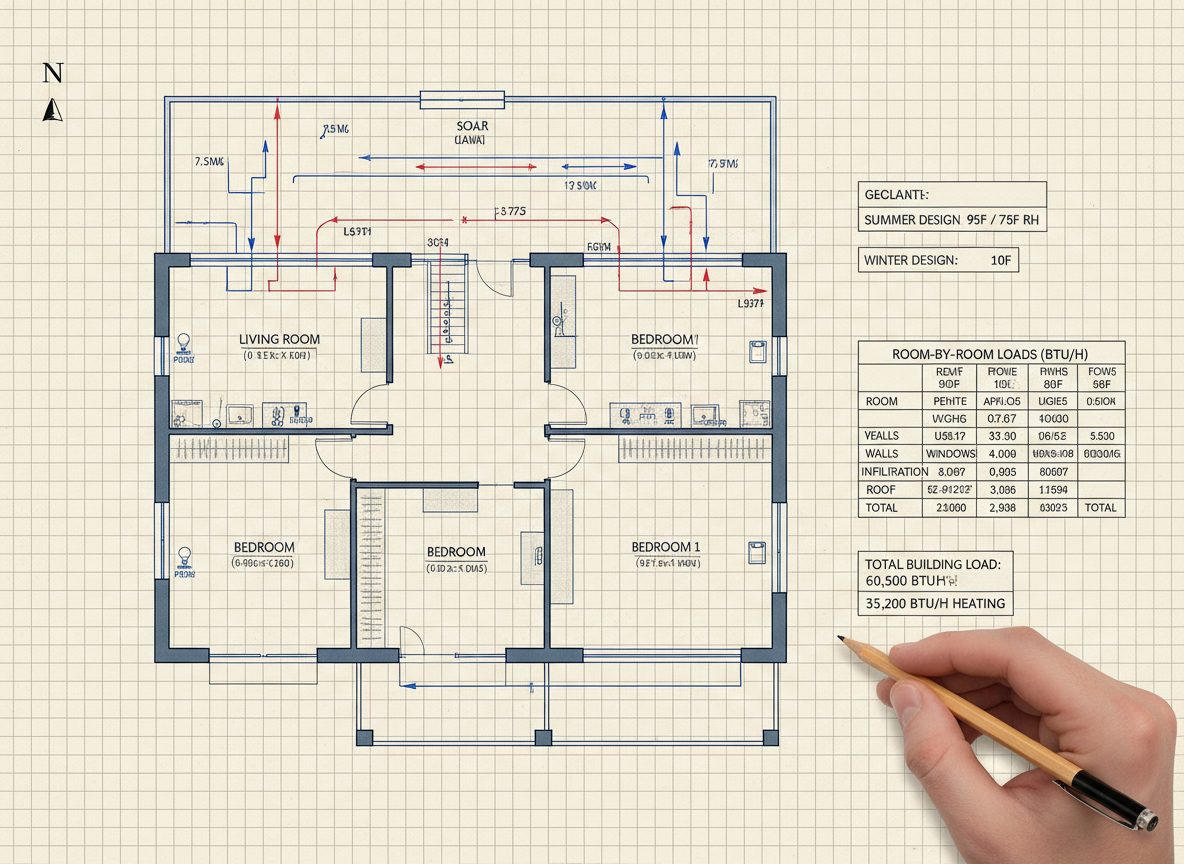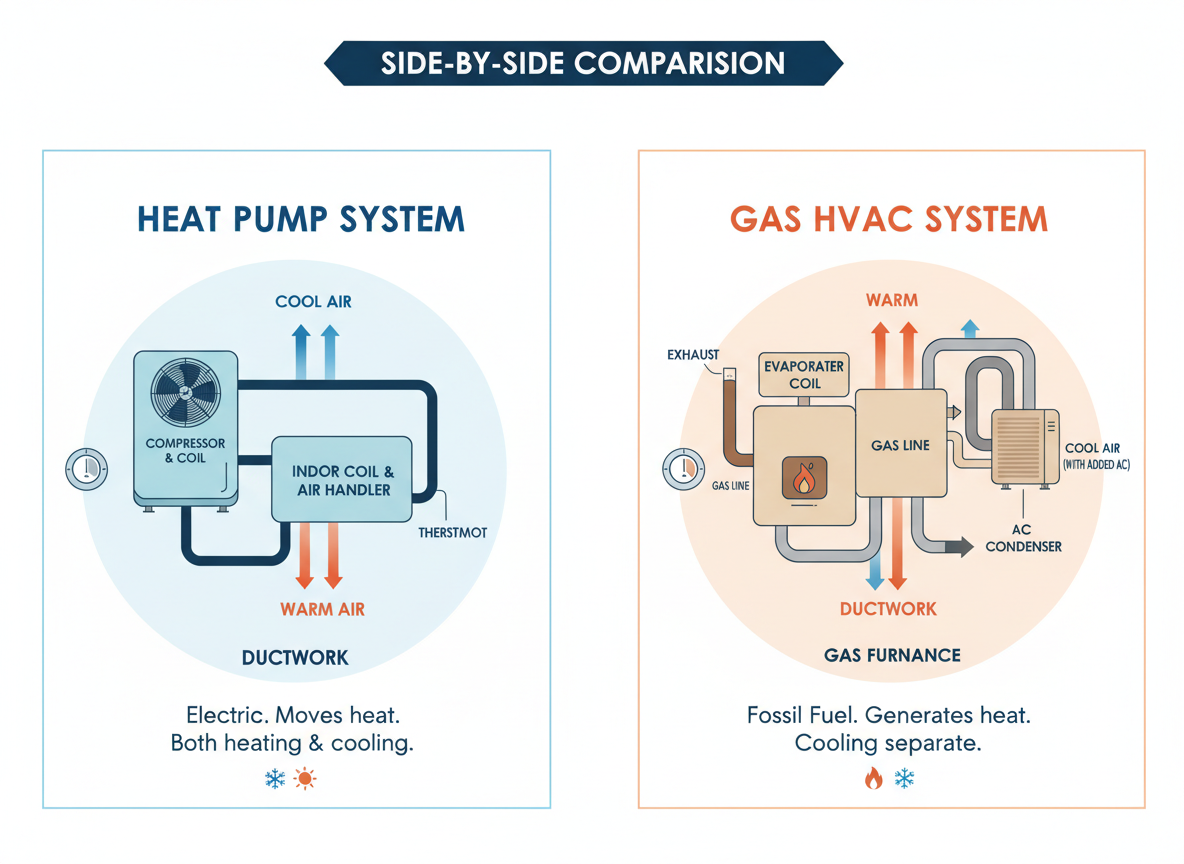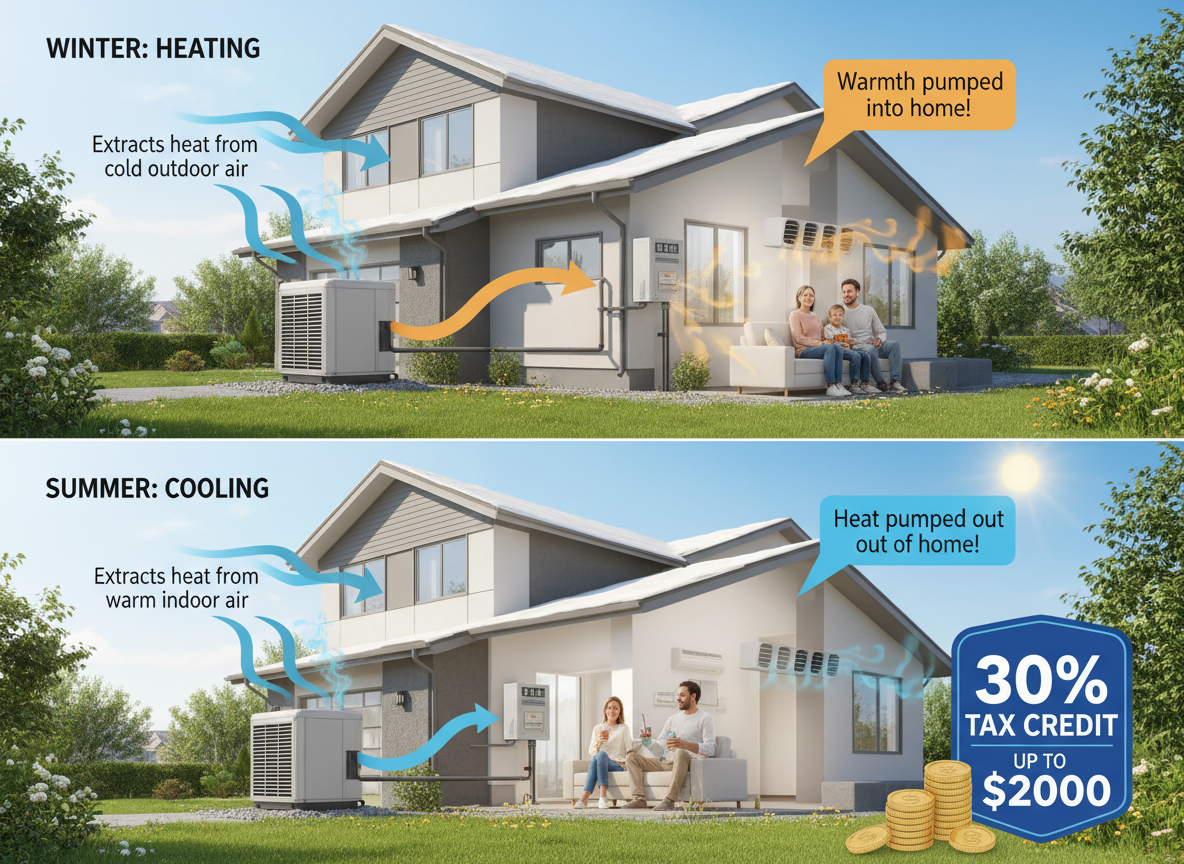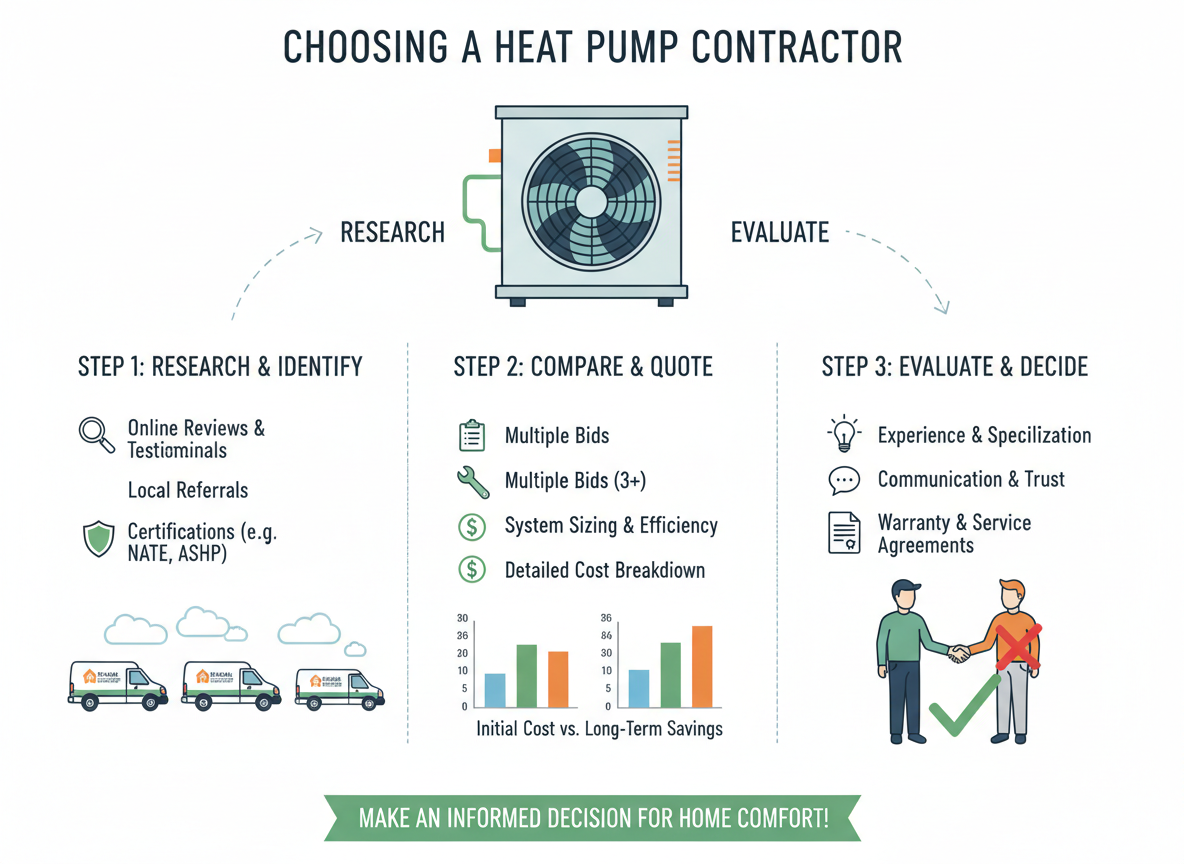
FAQs & Answers
HVAC repairs and installations can be very costly. If you are spending a large sum of money on repairs or an HVAC installation, you should feel that it is a worth it investment. For that reason, it is important to know how your warranty works and that it is working for you. Fortunately, shared below are some commonly asked questions and concerns people have had and some feedback to those questions.
Does my new HVAC system have a warranty?
When you move into a home and do not know the repair and replacement history of the HVAC system, it can be a little difficult to figure out if you have warranty. Some manufacturers only honor warranty from the first registered owner of the equipment. Other manufacturers do allow transfers, but within a certain timeframe from purchasing the home. That is why it is important to follow up with the manufacturer after purchase as soon as possible.
How important is it to register my warranty?
Most manufacturers require you to register your warranty in order for it to take effect. The process is usually completed online. It is especially important to get this done as soon as possible after your equipment is installed because some companies do have an expiration date for registering.
Why do I need a labor warranty?
A labor warranty is a promise from the HVAC contractor to provide you with quality service and to cover their work should anything fail prematurely. In some cases, labor warranty may not be extended if the repair is considered high risk. Repairs are usually considered to be high risk if they are performed on an old unit or units that are in very poor condition because the unit has a high probability of having more issues (or the same issues) shortly after repaired. For that treason, it is best to follow the advice of the contractor in concerns for these repairs.
How do parts warranties work?
When your air conditioning unit or furnace is replaced, many of the components will be covered under a parts warranty. You may also receive a parts warranty on certain components that are honored by the manufacturer if they are replaced. Additionally, HVAC contractors may offer their own parts warranty on small components such as capacitors or contactors.
If the warranty is through the manufacturer, certain procedures must be followed in order to use the warranty. A licensed HVAC contractor must diagnose the component as defective. Also, the repair must be performed within the time frame covered by the warranty.
Should I purchase an extended warranty?
Extended warranties are available for purchase at the end of your first warranty period. They usually add approx. 5-12 years of warranty for parts and labor. A benefit of extended warranty is that unlike the initial manufacturers warranty you receive, extended warranty is always transferrable to a new owner, thus adding value to your home. Another benefit is the peace of mind knowing that your parts are covered for the most likely the entirety of your systems lifespan.
The drawback to extended warranty is that most of them require that you have paperwork showing that you have had annual (and for some) biannual maintenance performed every year. Though this is an additional cost to pay to have your parts covered, it is considered by most HVAC experts to be a vital part of your systems health anyway.
HVAC warranty is a vital part of homeownership. It is important that you always seek coverage when available. It is even more important that you seek a contractor who always offers warranty on their work. We believe in guaranteeing our work And our customers satisfaction by offering great options for warranty on repairs and installations. Contact LA Heating and Air and we will take care of all of your HVAC needs!
HVAC Warranty Related Posts:






















.png)














